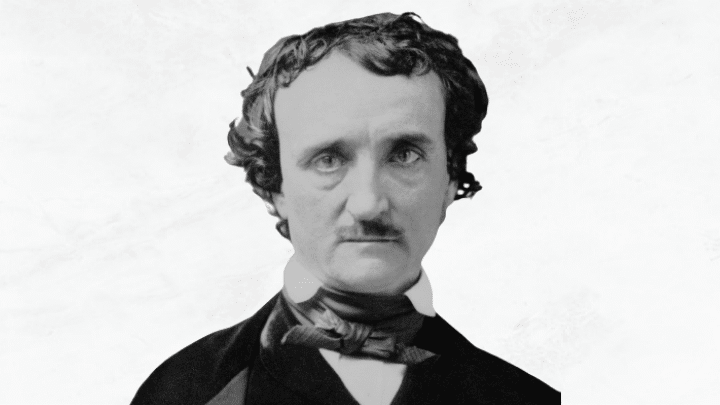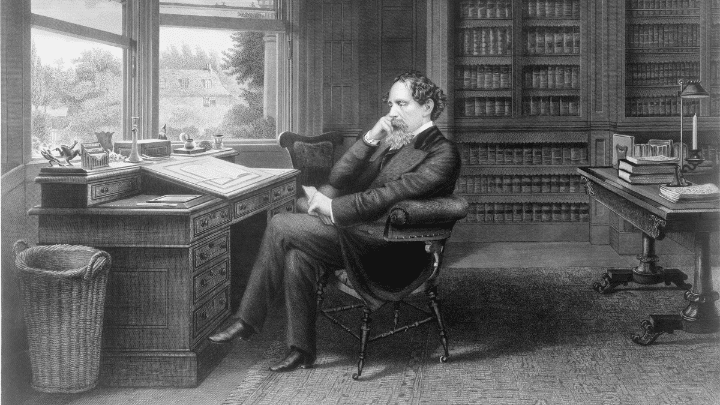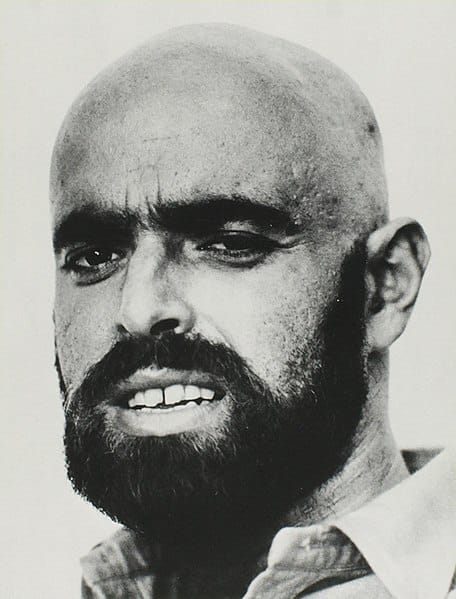10 Best Friedrich Nietzsche Books to Challenge Your Thinking

Friedrich Nietzsche, a German philosopher active in the late 19th century, is a towering figure in Western philosophy. Known for his provocative ideas and radical criticism of traditional European morality, religion, and philosophical thought, Nietzsche’s works continue to be both widely studied and hotly debated. His writing, filled with literary flair and poetic imagery, is often seen as a powerful call for a reevaluation of values, a challenge to conventional wisdom, and a profound exploration of the human condition.
Nietzsche’s philosophy is characterized by its emphasis on the will to power, individualism, and a keen interest in the underpinnings of moral values. He saw morality not as universal truths but as human-made constructs that could be deconstructed and understood through historical and psychological analysis. This perspective gave rise to his critiques of Christianity, democracy, and other institutions he believed to be life-denying.
With a prolific output, Nietzsche’s works span a wide array of subjects and literary forms. Here are detailed insights into ten of his best works, each of which serves as a window into different aspects of his groundbreaking philosophy. The themes, ideas, and challenges posed by these books continue to resonate, making them essential reading for anyone interested in philosophical inquiry and the complexities of human nature.
1. Thus Spoke Zarathustra
“Thus Spoke Zarathustra” is a philosophical novel that follows the journey of Zarathustra, a prophet-like figure. Through poetic and allegorical narratives, Nietzsche introduces the concept of the Übermensch, or “Overman,” the idealized individual who transcends traditional morality. This work embodies Nietzsche’s vision of a new humanity unbound by conventional ethics.
Zarathustra’s journey is one of transformation and enlightenment, filled with challenges and revelations. The book’s rich symbolism and metaphorical language provide an intricate exploration of human potential, ambition, and the quest for meaning. The ideas expressed continue to inspire thinkers, artists, and writers more than a century later.
2. Beyond Good and Evil
In “Beyond Good and Evil,” Nietzsche challenges the dichotomies of good and evil, right and wrong. He sees these values as oversimplified and inadequate, reflecting a deeper, more complex human nature. This book delves into the intricacies of moral values and calls for a more nuanced understanding of human morality.
Nietzsche’s critique of traditional morality is relentless and profound, as he argues for morality beyond simple binaries. He urges readers to embrace a morality that reflects human life’s complexity, free from the constraints of conventional ethical systems. This work is a foundational text for existentialist and postmodernist thought.
3. The Genealogy of Morals
“The Genealogy of Morals” expands on Nietzsche’s exploration of moral values. He investigates the origins and evolution of morality, tracing it back to power dynamics and social control. This critical examination leads to a complex and layered understanding of ethics that transcends mere right and wrong.
Composed of three interconnected essays, this book offers a rigorous analysis of guilt, responsibility, and the nature of moral judgments. By probing the origins of morality, Nietzsche sheds light on the hidden complexities and contradictions within ethical systems, challenging readers to rethink conventional moral principles.
4. The Birth of Tragedy
Nietzsche’s “The Birth of Tragedy” focuses on the nature of Greek tragedy, analyzing the interplay between the Apollonian and Dionysian elements of art. This duality represents a tension between reason and chaos, a balance that he saw as vital to the creation of great art.
The work is a profound reflection on aesthetics and the nature of artistic creation. By examining Greek tragedy’s roots, Nietzsche unveils insights into human creativity, the balance between order and passion, and the power of art to transcend ordinary existence. This book has had a lasting impact on both philosophy and literary theory.
5. Ecce Homo
“Ecce Homo” is Nietzsche’s autobiographical examination of his life and work. Written with candour and self-awareness, it offers a unique perspective on his intellectual journey, his personal struggles, and his understanding of his place in the philosophical landscape.
This self-reflective work serves as a window into Nietzsche’s mind and his process of philosophical inquiry. Through a close examination of his own experiences and ideas, he provides a personal and intimate exploration of his most profound thoughts. “Ecce Homo” is a rare glimpse into the life of a philosopher deeply engaged with his own existence.
6. The Antichrist
“The Antichrist” is a scathing critique of Christian doctrine and morality. Nietzsche sees Christianity as a force that stifles human instinct and individuality, condemning it as life-denying. He views Christian ethics as an impediment to human greatness and individual expression.
This book is a provocative and challenging examination of one of the world’s most dominant religions. Nietzsche’s uncompromising criticism of Christian values is both insightful and controversial, making “The Antichrist” a significant work that continues to generate debate and discussion among scholars and readers alike.
7. Twilight of the Idols
“Twilight of the Idols” attacks established concepts like reason, religion, and morality, signalling a cultural shift and the decline of old beliefs. Nietzsche uses a combination of aphorisms and short essays to launch a critical assault on conventional wisdom and traditional values.
Nietzsche’s sharp critique in this work cuts to the core of established ideas, calling for a reevaluation of the fundamental principles that shape human culture and thought. He does so with wit, clarity, and incisiveness, making “Twilight of the Idols” a powerful testament to his intellectual rigour and philosophical vision.
8. The Gay Science
“The Gay Science” is rich with poetry, aphorisms, and reflections on subjects ranging from art to science to existence. It is famous for Nietzsche’s declaration that “God is dead,” signifying a fundamental shift in philosophical thought and cultural values.
This eclectic work is a vibrant and varied exploration of human creativity, intellect, and the nature of existence. The aphoristic style and diverse subjects make “The Gay Science” an engaging and thought-provoking read, reflecting Nietzsche’s curiosity and his joy in intellectual exploration.
9. Human, All Too Human
“Human, All Too Human” is a turning point in Nietzsche’s thought, where he adopts a more naturalistic and sceptical perspective. The book explores human nature, morality, and society in a way that emphasizes empirical observation and grounded human experience.
This approach leads to a nuanced exploration of human behaviour, ethics, and society’s complexities. By shedding metaphysical assumptions and focusing on tangible human experience, “Human, All Too Human” paves the way for Nietzsche’s later works and remains an important contribution to philosophical naturalism.
10. Daybreak
“Daybreak” builds upon themes introduced in “Human, All Too Human.” Comprising a collection of aphorisms and reflections, it questions moral prejudices and advocates for a more complex understanding of human nature and morality.
The work stands as a continuation of Nietzsche’s project to deconstruct conventional morality, encouraging readers to see beyond surface-level judgments. “Daybreak” adds depth and texture to Nietzsche’s philosophical exploration, inviting readers to engage with ethics in a more reflective and nuanced way.
Conclusion
The writings of Friedrich Nietzsche offer a profound and challenging exploration of human existence, morality, art, and society. Through these ten works, readers are invited to engage with some of the most significant questions of philosophy and to reconsider conventional wisdom. His ideas continue to resonate and influence contemporary thought, confirming Nietzsche’s enduring relevance as a philosopher, critic, and visionary thinker. His works are not just philosophical treatises but literary masterpieces that invite readers into a world of deep reflection, insight, and transformation. Whether read individually or together, these books provide a rich and rewarding journey into the mind of one of history’s most intriguing and controversial philosophers.






